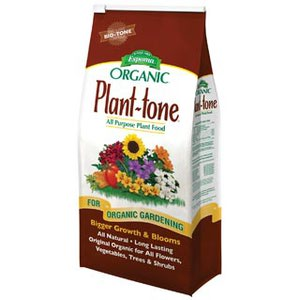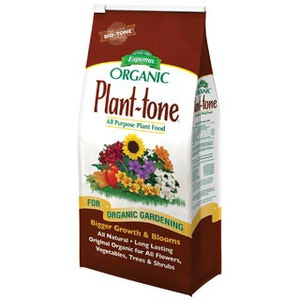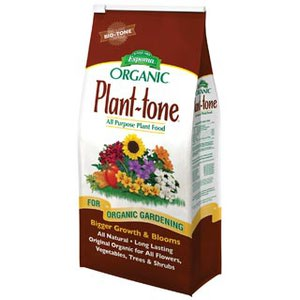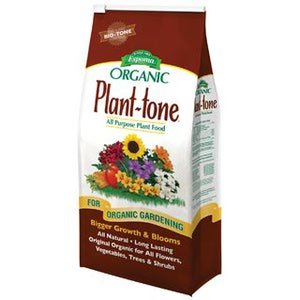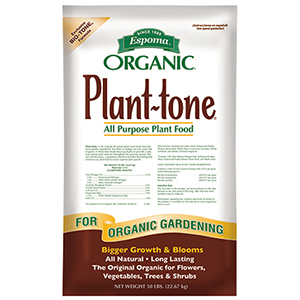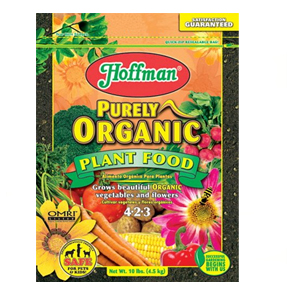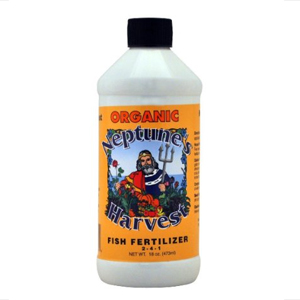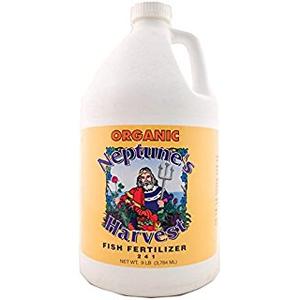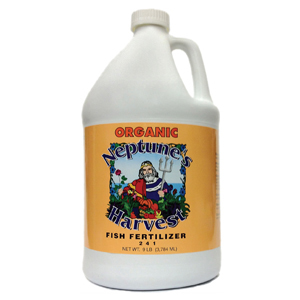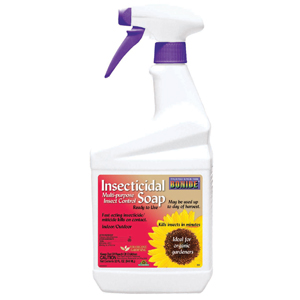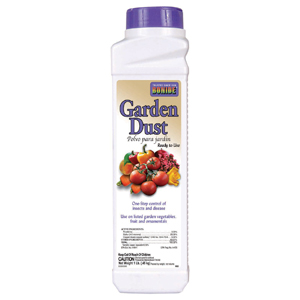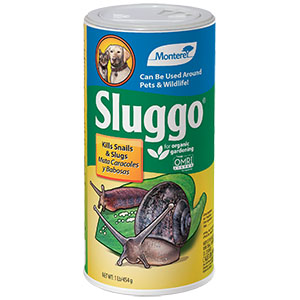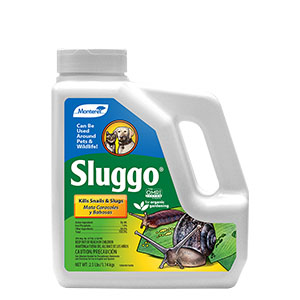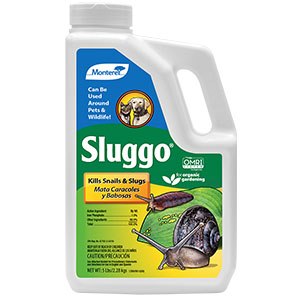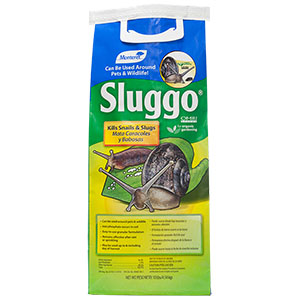This tip is dedicated to the new gardener that seems to come out of nowhere for spring 2020. The pandemic has stirred the interest of “newbies” to explore gardening and with it, new experiences. Most plants have some common garden issues that affect their performance, whether it is insect, disease, nutritional, or moisture related. To a new gardener, everything looks great when they finish planting and the anticipation of their efforts in growth, flowers, and fruit is their fulfillment of success. However, do they keep an active eye on what’s happening? Daily? Weekly?
Moisture
Usually, new plantings fail mostly due to underwatering or overwatering for beginners and experienced gardeners alike. This year, we have had an abundance of rainfall without intense heat. You might think that the plants have plenty of water, but if you account for continual surface winds, they may not. Bright sunny days with light winds dry surfaces and in some cases bind soils to shed water and encourage run off. In vegetable gardens, light ground cultivation between plant rows may help in breaking apart compacted soil. It may also remove weeds between rows of veggies. The caution here is that with exposed soil, weed seeds may germinate again. Many gardeners use weed fabric between rows or even plant directly through the fabric. Mulching may help. There is a caution using available grass clippings and should be avoided. It drains usable nitrogen from the soil as it breaks down and limits nutrients. The long-term remedy is using some gypsum to break up clay particles or applying a suitable garden soil, compost, or premium manure (well rotted and conditioned so it will not burn).
Insects
Bringing mulch in the form of available wood chippings from a recent storm sounds like a great idea, but you may introduce unwanted insects and devastating mites to a new dinner party, your garden. There are ways to limit insect destruction in the garden that is as simple as using a blast of water to dislodge insects and especially mites during hot summer days. Early in the morning is best practice to allow plants to dry throughout the day. Mid-day spraying of water or chemicals might burn leaves quickly with heat and plant stress from scorching sunlight.
Any newcomer to gardening that turns to spraying chemicals for insect control will either make a best guess choice at the chemical shelf or hopefully ask for assistance. Here is where independent garden centers shine! Typically, we ask what the problem is by questioning the customer and identify the insect damage. From there, we can recognize the right product for the right problem…and offer the best option for the weather conditions. Most summer recommendations are water based, not oil based remedies to prevent leaf burn. Popular choices for summer sprays in the vegetable garden are insecticidal soap from Espoma, Safer, or Bonide. Eight Insect Spray (active is Pyrethrin) or Captain Jack’s Deadbug Brew (active is Spinosad) from Bonide are two popular products, (also available in dust form),
with a label that lists unmatched plant applications and insects listed. For invisible daytime bug damage, use Monterey’s Sluggo for snail and slug control which is safe to use around pets and children.
Disease
This problem often goes undetected in new gardener’s eyes, especially powdery mildew. Hot, humid days (and nights) along with lingering moisture on leaf surfaces makes for perfect disease conditions. Experienced gardeners anticipate its occurrence on specific mildew prone plants like basil, roses, lilacs, and zinnia by using a preventative disease control. By the time a customer reaches the garden center, it’s usually too late to control. One of the best new disease preventatives also provides some curative relief for some plant material and disease types. Monterey Complete Disease Control and Bonide’s Revitalize products are unique fungicides that have a wide range of diseases controlled on both indoor and outdoor plant material. A fantastic dust product that offers both disease AND insect control for the garden is Bonide’s Garden Dust that is organic.
Nutrition
Nutrition and disease control sometimes go hand in hand in preventing problems. Healthy plants withstand issues with drought and disease. With the occurrence of disease, it might help recovery time to lightly feed with some type of “organic” based fertilizer. This slow release feeding stimulates new growth and expands root systems for moisture uptake. Popular for vegetable gardens is the Neptune’s Harvest Hydrolyzed Fish Fertilizer. It doesn’t bring the neighborhood cats or smell offensive, but it does perform beautifully in providing nutrients and trace elements for immediate uptake into the plant.
As always, follow label instructions and don’t overapply. More isn’t better…unless you are planting more around your home and garden. Here’s to success!


